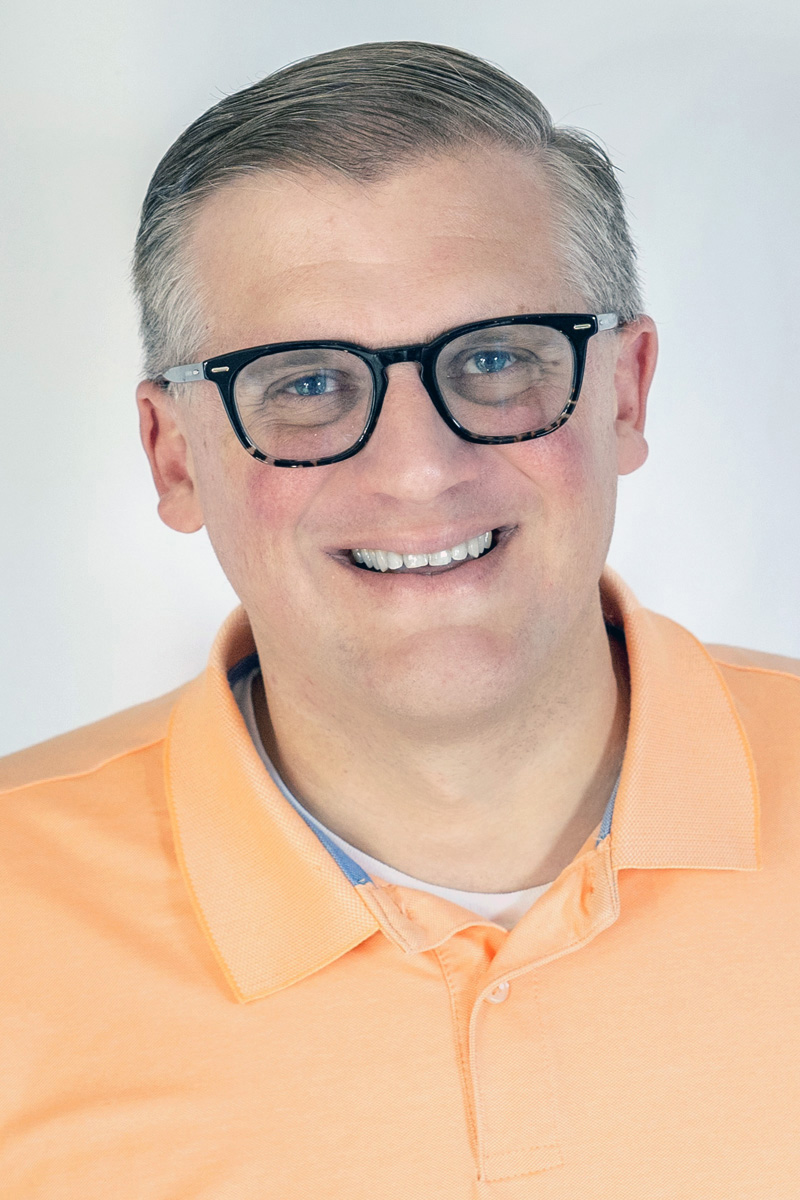Key points:
- September is Recovery Awareness Month. Pastor and advocate Matt Johnson encourages churches and faith communities to engage with those struggling with Substance Use Disorder.
- The impact of substance abuse extends to child, spouse, sibling, parent, friend, employer and community, and can even be cross-generational.
- As churches look to connect with the recovery work happening in their communities, there are a variety of ways this might happen.

Photo courtesy of the author.
Commentaries
Fueled by isolation, loneliness and despair, the Substance Use Disorder epidemic continues to rage across America with over 100,000 overdose deaths recorded this past year. Even in the small West Virginia town where I live, I hear of numerous overdose deaths each week.
But numbers don’t tell the whole story. Such “deaths of despair” have an effect far beyond the individual who overdoses. The impact extends to child, spouse, sibling, parent, friend, employer and community, and can even be cross-generational.
For people of faith such as myself, the loss has an additional dimension. I believe that all people are created in the image of God and are therefore known and deeply loved by God. But we can lose sight of that if, by focusing on the numbers and not the people behind them, we become numb and resign ourselves to hopelessness.
We may find ourselves in the midst of a tragic and heart-wrenching epidemic, but we must never lose hope. As people of faith, we must remain in the light described by theologian Frederick Buechner:
“The worst isn't the last thing about the world. It's the next to the last thing. The last thing is the best. It's the power from on high that comes down into the world, that wells up from the rock-bottom worst of the world like a hidden spring. Can you believe it? The last, best thing is the laughing deep in the hearts of the saints, sometimes our hearts even. Yes, you are terribly loved and forgiven. Yes, you are healed. All is well.”
We believe that God, who created the world, is not done with us. God continues to write stories of transformation, working in miraculous ways to bring healing and wholeness to our broken world. We are called to be a part of that important work.
What would you say if I told you that your congregation already possesses all the gifts and abilities needed to partner with God in restoring the lives of those in need? What if you already have everything you need to create the transformative community partnerships that can reinvigorate your mission and give it new meaning? The size of your organization doesn’t matter because the opportunity to engage is all around us. We need only see it.
As churches look to connect with the recovery work happening in their communities, there are a variety of ways this might happen.
Subscribe to our
e-newsletter
It might mean educating ourselves on the challenges and difficulties that people with Substance Use Disorder face on a daily basis while opening our eyes to our own stigma and fear. Churches could partner with a recovery housing entity in your community that needs assistance with transportation or gathering space. Perhaps a Sunday School class, United Women in Faith or United Methodist Men group decides to adopt a recovery center in your community, providing and sharing a meal that offers nourishment, connection and hope.
It might mean setting up a special benevolence fund that your church can use to help meet financial needs of people as they leave rehab and try to find a way to get a new state ID without having any resources. Also consider mentoring parents who are working hard to re-engage in the lives of their children.
United Methodists are property rich! Churches could start a non-profit that could utilize unused space in a parsonage or fellowship hall could be renovated and turned into housing for people who are rebuilding their lives. We can use the property we have to create safe, secure places for people to live while also creating a revenue stream and mission opportunity for our church.
Recovery is always a community effort. The organization I work with, the Fletcher Group, is dedicated to helping communities like yours develop the recovery housing and recovery ecosystems people need to heal and recover. I stand ready to help you build the partnerships your community needs. Please feel free to contact me. I am here to serve.
Contact Info:
The Rev. Dr. Matthew Johnson
Director of Faith-Based Initiatives
Fletcher Group, Rural Center of Excellence
[email protected]
Johnson is a pastor, advocate for marginalized people and director of Faith-based Initiatves at the Fletcher Group, a nonprofit dedicated to expanding the quality and capacity of recovery housing.
News contact: Tim Tanton at (615) 742-5470 or [email protected]. To read more United Methodist news, subscribe to the free Daily or Friday (weekly) Digests.



